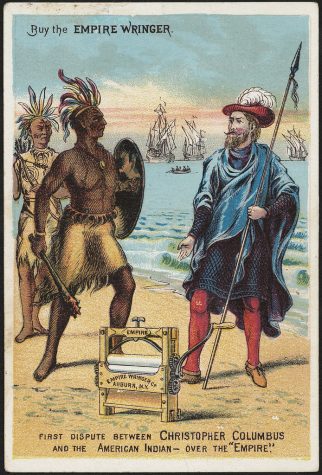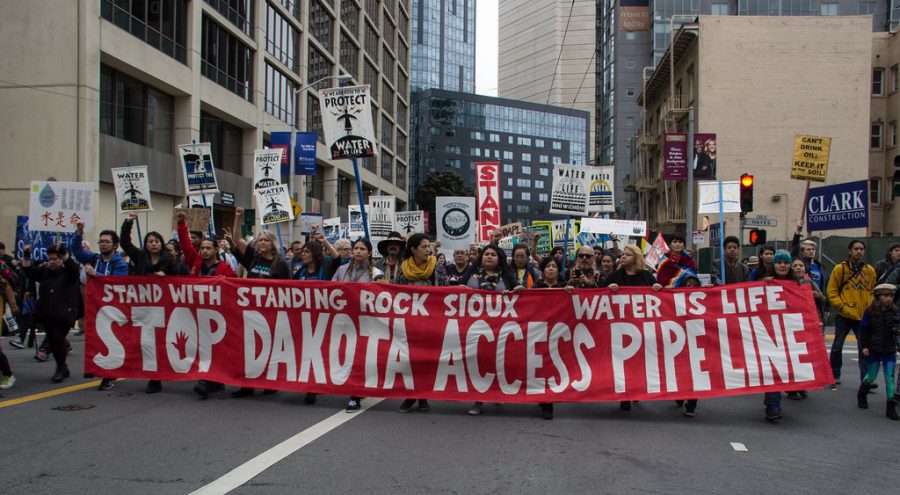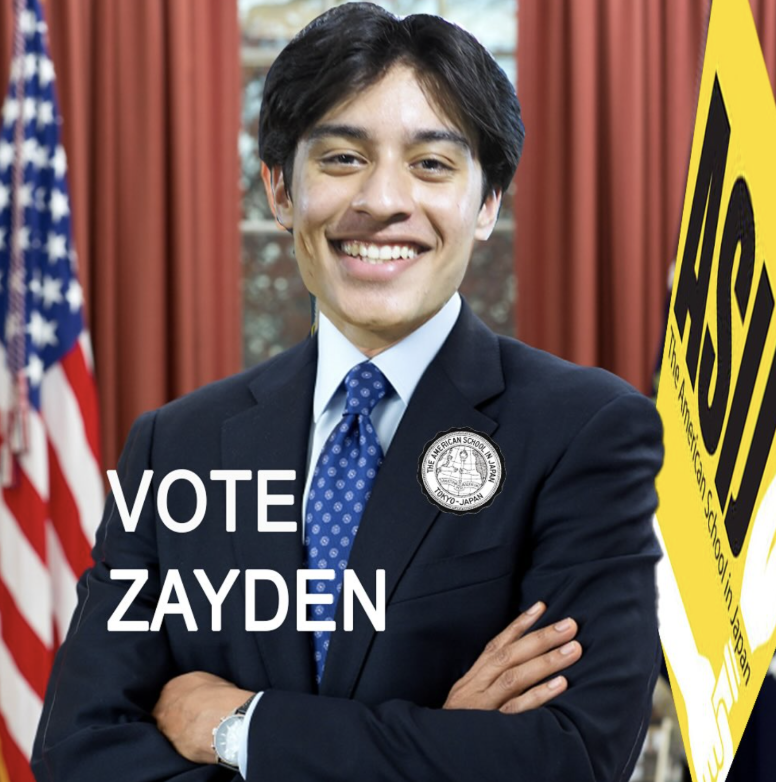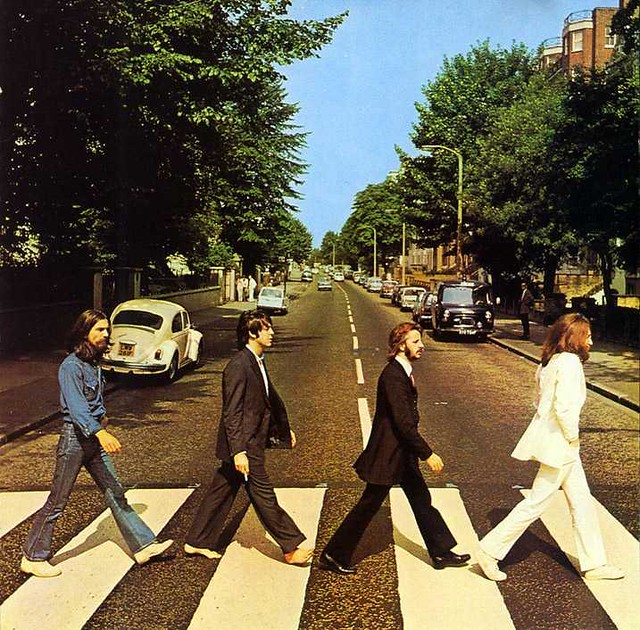Columbus Day: A Celebration of Western Colonialism
October 18, 2020
This past Monday, October 12, was a federal holiday in the United States: Columbus Day—a celebration of the day that Christopher Columbus, an Italian explorer, arrived in the Americas in 1492. However, the horrific events that consequently unfolded make it a day that should be denounced, not commemorated.
The celebration of Columbus day ignores the atrocious actions of European colonizers and the devastating experiences of Native Americans. When Columbus first arrived in the Americas, he brought a wave of deadly diseases, to which the native peoples had no immunity. This resulted in the extinction of more than 50% of their population. Native Americans were robbed of their own land and forced into dehumanizing, back-breaking labor and enslaved to grow cash crops for the white settlers on that very land. The Europeans, believing that their race and culture were superior, wiped out the rich native culture that had existed in that region for thousands of years before their arrival. 
To this day, Native American history and culture continue to be erased, native lands are still encroached on, and their basic rights are ignored.
Many United States history curricula teach their students that Christopher Columbus “discovered” America. This notion is extremely harmful and erases the rich Native American history and culture that existed long before Columbus “discovered” and colonized their land. Through this sentiment, many people are able to justify the celebration of Columbus Day by ignoring the immense pain caused by Columbus and his genocidal actions.
A few years ago, the United States government attempted to construct the Dakota Access Pipeline. This pipeline would allow for the transport of crude oil and was set to run from North Dakota to Illinois, posing a threat to the Standing Rock Sioux tribe’s water supply and the sacred burial grounds that lie underneath their land. The government disregarded the mass protests and the harm that they would cause the native communities and negligently built the pipeline.
Currently, native women in North America face violence at unparalleled rates; these crimes are often left unreported or simply uninvestigated by local law enforcement. More recently, through the efforts of various activists, the issue of Missing and Murdered Indigenous Women (MMIW) has attracted the attention of more legislators. However, as absurd as it may be, there is still much more to be done to help Native American women feel safe in their own country.
The scars of the atrocities committed by Columbus and his fellow colonizers continue to be felt today in many Native American communities. Thus, the celebration of a day like Columbus Day encourages turning a blind eye to their past hardships and the marginalization that Native Americans continue to face in modern-day America.
Some cities and states have begun initiatives to replace Columbus Day with Indigenous Peoples’ Day—a day that celebrates the long-standing and vibrant histories and cultures of Native Americans.
Indigenous Peoples’ Day should be a federal holiday, not Columbus Day. Not only is this a way to end the glorification of Columbus and the actions of other European settlers, but a critical step in bringing awareness to the oppression of Native Americans in the present-day and recognizing their contributions in establishing America as we know it.




















